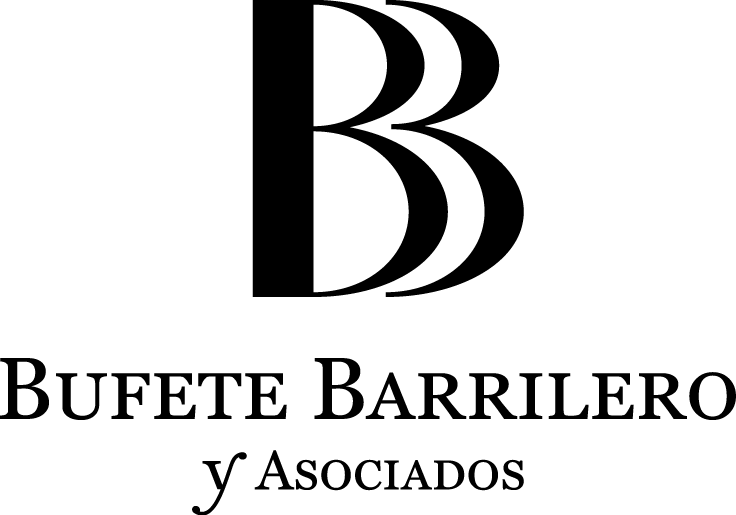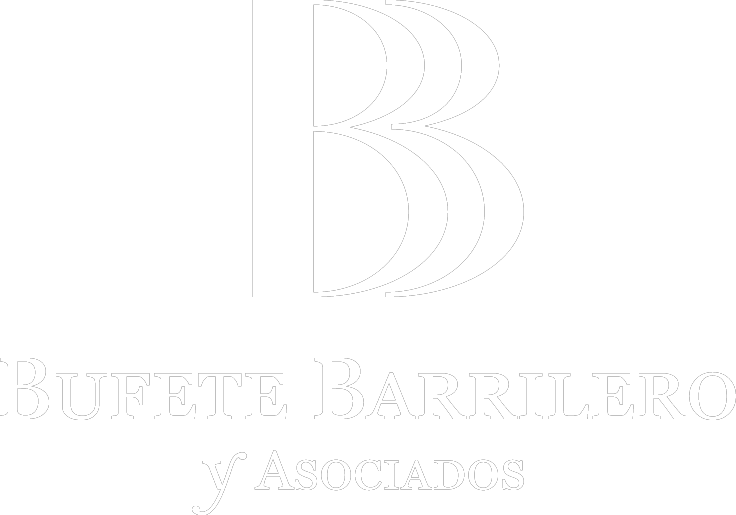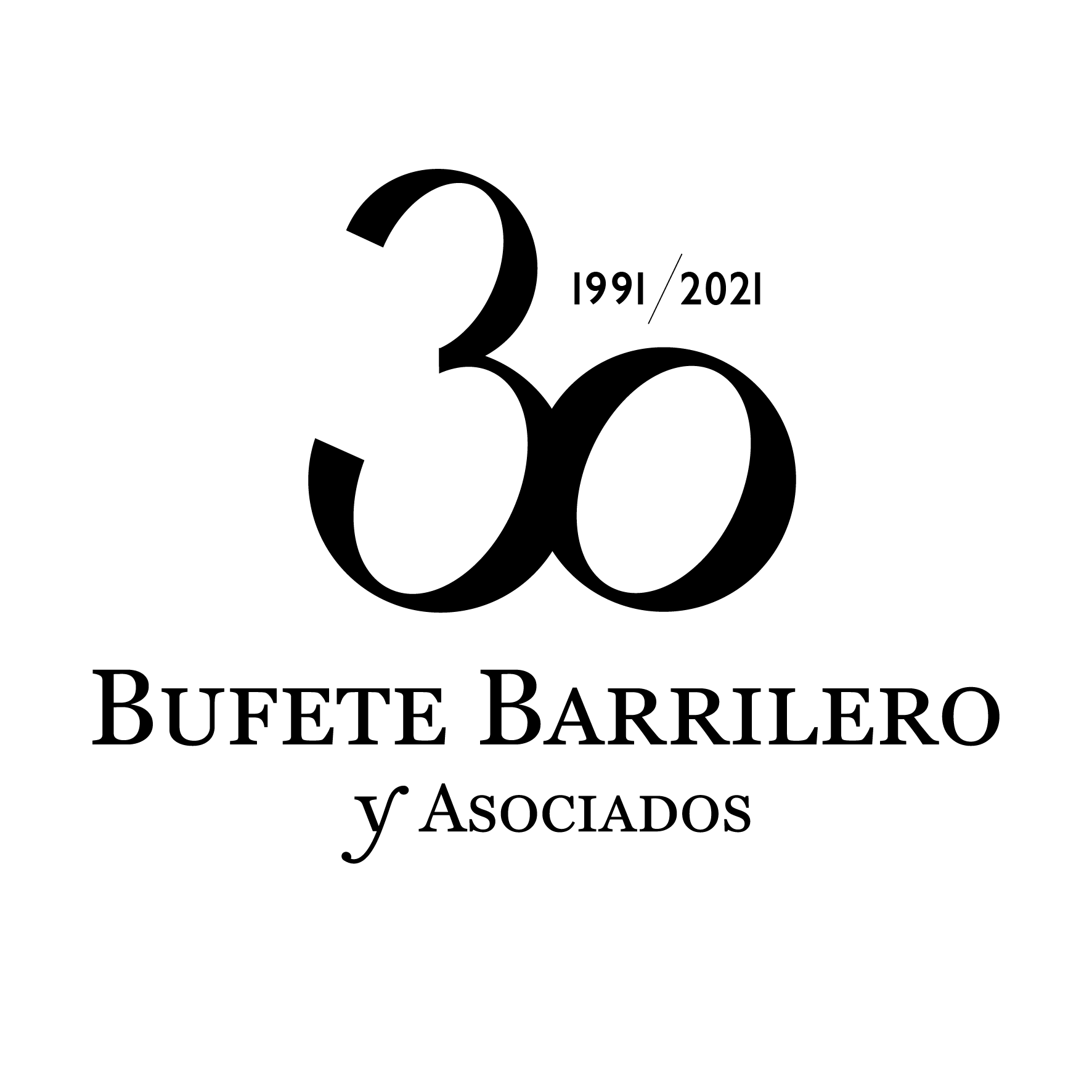TAX
The Central Economic-Administrative Court (TEAC) recently ruled, in Resolution 1475/2024 of January 30, 2025, that directors cannot benefit from the per diem regime outlined in Article 9 of the Personal Income Tax Regulation (RIRPF) regarding remuneration received for performing their corporate functions. However, they may benefit from this regime for per diems arising from their employment relationship with the company.
The TEAC had to determine whether the tax exemption for per diems and travel expenses under Article 9 RIRPF applies to directors of legal entities or whether, on the contrary, this exemption is only applicable to employment or statutory relationships that exhibit dependency, subordination, and external control.
This resolution originates from a tax assessment issued by the Tax Administration against a company that had paid its director—who also held 70% of the company’s share capital—annual remuneration classified as employment income, as well as amounts declared tax-exempt by the company under the concept of per diems and travel expense allowances.
Traditionally, the Tax Administration has considered that the tax exemption for per diems under Article 9 RIRPF applies only to income categorized under Article 17.1 of the Personal Income Tax Law (LIRPF)—natural employment income—because these are the only cases where dependency, subordination, and external control exist.
The remuneration of directors and corporate administrators, on the other hand, could not benefit from the per diem regime under the IRPF regulations because they fell under the regulatory framework of Article 17.2 of the same law (specifically, under Article 17.2.e LIRPF), which refers to remuneration established by legal mandate. Historically, the Tax Administration has argued that such remuneration does not meet the criteria of dependency, subordination, and external control.
However, the TEAC diverges from this administrative interpretation and upholds the Supreme Court’s ruling of June 20, 2022, which clarified that this historical differentiation was not as absolute as previously interpreted. The Court recognized that some types of remuneration, even though legally classified under Article 17.2 LIRPF, could still meet the conditions of dependency, subordination, and external control.
According to the TEAC, the objective of the IRPF regulations regarding per diems is strictly compensatory: they are intended solely to exempt employees from expenses incurred due to business-related travel requirements. To justify the existence of such expenses, the Supreme Court, in a ruling dated July 22, 2021, stated that there must be a “correlation between necessary expenses and trips undertaken.”
Despite previous interpretations, the TEAC notes that the reference in Article 9 RIRPF to the exemption of per diems paid to an “employee or worker” prevents its application to per diems received by directors in their capacity as such. Therefore, “if the director receives remuneration solely for their corporate role without being an employee, they will not be entitled to apply Article 9 RIRPF,” meaning that all per diems received will be subject to taxation.
Conversely, if the director is also an employee of the company, the tax exemption for per diems cannot be denied, nor can it be argued that the corporate relationship overrides the employment relationship (the so-called “link theory”). In such cases, it is necessary to “consider the remuneration paid independently.”
From this, it follows that the origin and cause of per diems must be analyzed in each case to determine whether they qualify for the exemption under Article 9 RIRPF as employment-related remuneration.
Additionally, from the perspective of the employer—the legal entity—it will be crucial to provide evidence that amounts paid to directors as per diems and travel expenses are genuinely work-related (and not related to administration duties). In this regard, concerning who bears the burden of proving the validity of travel expenses, the Supreme Court, in a cassation ruling to establish jurisprudence (STS 426/2025 of February 4, 2025), has stated that the Tax Administration must seek evidence from the employer, as it is the entity responsible for substantiating the claims, rather than from the individual employee.


